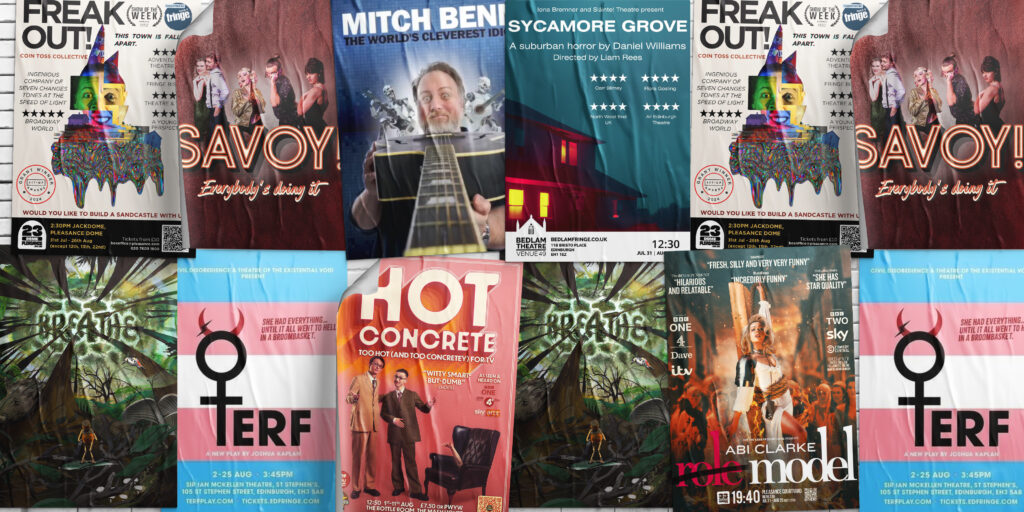If spend is in decline, it’s often a clear harbinger of recession, as axing marketing budgets can be a quick way for businesses to give their bottom lines a boost when revenues start to dip. But that short-term gain is almost certainly a false economy.
Why? In a recession, the economy shrinks and there’s less money up for grabs, consumers and businesses have less to spend. So, if you’re selling to those consumers and businesses to grow or even just maintain your sales, you’re going to have to do something your competitors aren’t doing. Sure, you can trim costs to protect your bottom line – but all your competitors will be doing those obvious things too. To perform better than those competitors you’ll have to do new things, or maybe old things in new ways. New thinking, in other words, ‘being creative’, becomes essential.
Certainly, that’s the view of Sir John Hegarty, the advertising legend of Bartle Bogle Hegarty (BBH) fame – think Levi’s TV ads, Audi and ‘Vorsprung durch Technik’, etc, etc. He’s lived and worked through many a recession during his 60-year career and is convinced that, as we lurch on to the downward slopes of the economic cycle once again, creativity is the key to weathering the coming storm and emerging at the front of the pack when sunnier times prevail.
To that end, he’s recently established an eight-week course, ‘Business of Creativity’, that seeks to engage business leaders – CEOs, CFOs – and get them to understand how investing in creativity is fundamental to their, or any, organisation’s future success.
Sir John’s interest is primarily in the positive impact advertising and marketing can have on the profitability of a business but he’s also clear that creativity in its wider sense is, of course, a lot more than that. In a recent interview with The Drum, Sir John commented that there were a “myriad ways in which ‘getting creative’ can help a company become more effective and more efficient – if you can’t outspend your competitors, you can at least outthink them.” Maybe that’s a commitment to brave, insightful marketing but it could equally be a new product or a new way of producing that product. Or a thousand other things.
But of course, Sir John as a creative is bound to support investment in creativity; after all, turkeys don’t vote for Christmas, and ad men rarely encourage budget cutting. So, what’s the evidence to back up his position?
A 2014 study by Forrester for Adobe found some convincing evidence that investing in creativity pays dividends. They surveyed senior managers from corporations across a diverse set of industries to quantify how creativity impacts business results and found that companies that embrace creativity outperform peers and competitors on a number of measures, including revenue growth and market share. For example, 58% of firms who actively fostered creativity reported revenue growth of 10% or more in the previous year compared with only 20% of less creative companies.
Another study by the B2B Institute at LinkedIn recently found that B2B audiences exposed to both acquisition-focused lead gen ads and more creative brand-building ads are six times more likely to convert than those only exposed to the lead gen ads. And yet, we all know that right now budgets will be getting a close inspection and marketing will almost certainly take its fair share of cuts in the months ahead, often more than its fair share. An inward-looking, cost-cutting mentality may take over, leaving creativity stifled. How do we stop that from happening?
Whether you work client- or agency-side, we should evangelise about creativity and its positive impact. And specifically about why good, creative advertising, marketing – and just plain old creative thinking – have never been more important. It’s not just the ‘pretty pictures’ as some might have you believe. It’s a critical business function and skill. It can be the key to your competitive advantage, even your survival.
Done properly it drives long-term value in a brand, adds to its bottom line and creates shareholder value.
Neglect creativity at your peril. It’s essential, not an optional extra. And never more so than right now.



